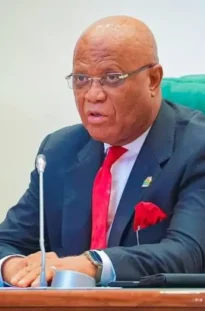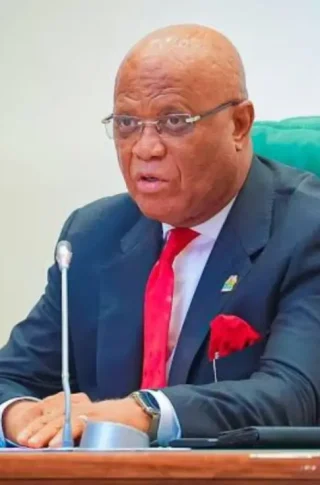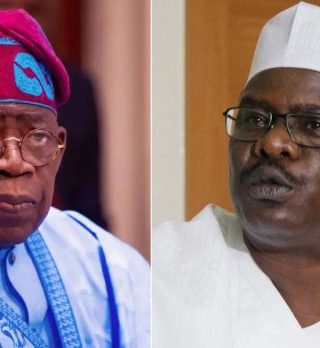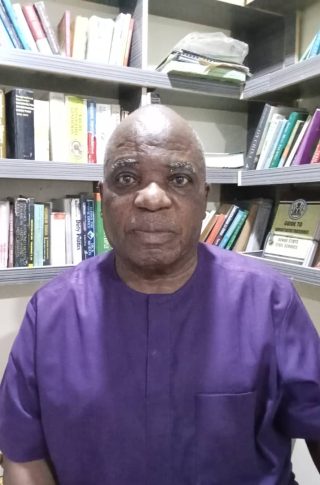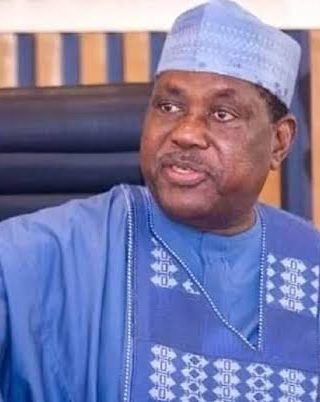
Nigeria Marks 26 Years of Unbroken Democracy as FG Declares June
In a move that underscores the significance of Nigeria’s democratic evolution, the Federal Government has officially declared Thursday, June 12, 2025, as a public holiday to commemorate Democracy Day. This announcement was made by the Minister of Interior, Hon. Olubunmi Tunji-Ojo, in a statement disseminated through the Ministry’s Permanent Secretary, Dr. Magdalene Ajani.
The annual observance of Democracy Day is more than a ceremonial tradition; it is a reflective moment that marks the nation’s transition from military to civilian rule, a pivotal turning point in Nigerian history. This year’s celebration is particularly meaningful as it marks 26 years of uninterrupted democratic governance—a feat that remains significant in a country that has witnessed multiple regime changes, coups, and years of authoritarian rule.
“June 12 represents our historic journey to building a nation where truth and justice reign,” Minister Tunji-Ojo said, echoing the enduring spirit of the 1993 elections and the sacrifices made by countless Nigerians to uphold democratic values. He further emphasized that this milestone is a tribute to those who fought for the restoration of democracy and a renewed call to protect and nurture it.
The Minister, speaking on behalf of the Federal Government, extended heartfelt congratulations to all Nigerians for their unwavering commitment to democracy. He praised the people for their resilience, civic participation, and belief in the promise of a democratic system that ensures equity, freedom, and the rule of law.
Highlighting the importance of Democracy Day, Tunji-Ojo noted that the occasion provides an opportunity to reflect on the progress made so far, to recognize the challenges that lie ahead, and to reaffirm collective dedication to a democratic Nigeria. “Democracy is not a destination but a journey,” he said. “It is a process that requires constant nurturing, openness, and participation from all citizens.”
Democracy Day was officially moved from May 29 to June 12 in 2018, during the administration of President Muhammadu Buhari. The change was made to honor the memory of the annulled June 12, 1993, presidential election, which was widely regarded as the freest and fairest in Nigeria’s history. The presumed winner of that election, Chief Moshood Kashimawo Olawale (MKO) Abiola, was never officially declared president, but his legacy has since become a symbol of democratic resistance and the Nigerian people’s aspiration for good governance.
The June 12 election remains a landmark in the nation’s democratic struggle. It represented the will of the people and their yearning for a break from military dictatorship. Though the election was annulled by the military regime of General Ibrahim Babangida, it ignited a prolonged pro-democracy movement that eventually led to the return of civilian rule in 1999.
As the country celebrates 26 years of uninterrupted democracy, there is growing public discourse on the need to strengthen democratic institutions and deepen the democratic process. Minister Tunji-Ojo addressed this concern by stating that the present administration, under the Renewed Hope agenda, is committed to advancing reforms that promote transparency, accountability, and inclusivity.
“The Renewed Hope administration under President Bola Ahmed Tinubu is devoted to building a system where democratic values are not just upheld, but also felt in the daily lives of every Nigerian,” he said. According to him, this includes investing in institutions that safeguard democracy, empowering civil society, and ensuring that the rule of law is paramount.
He also acknowledged the challenges faced by the Nigerian democratic project, including electoral malpractices, voter apathy, political violence, and the need for constitutional reforms. However, he remained optimistic, stating that these hurdles are not insurmountable but require collective national will and international cooperation.
As preparations for the June 12 celebration gain momentum across the country, civil society groups, educational institutions, and political organizations are also planning various activities to mark the day. Events such as public lectures, debates, rallies, and media broadcasts are being scheduled to raise awareness about the importance of democracy and civic responsibility.
In the federal capital, Abuja, a major Democracy Day parade is expected, with dignitaries from across the country and diplomatic representatives from the international community. The event will serve as a reminder of Nigeria’s journey from the dark days of military oppression to the dawn of civil governance, as well as an opportunity to honor the heroes of democracy.
Educational institutions are also seizing the opportunity to inculcate democratic values among the youth. Schools and universities are organizing seminars and essay competitions to engage students on the importance of democratic participation, leadership, and the responsibilities of citizenship.
On the media front, special Democracy Day programs are being aired on television, radio, and online platforms to stimulate national dialogue and civic awareness. These programs often feature interviews with political analysts, historians, and public servants who share insights into Nigeria’s democratic journey, the sacrifices made, and the vision for the future.
Political commentators have lauded the Federal Government’s consistency in recognizing June 12 as a cornerstone of Nigerian democracy. According to Dr. Ahmed Kura, a political science lecturer at Ahmadu Bello University, Zaria, “The symbolic weight of June 12 is immense. It represents the power of the people and the importance of civic courage. Honoring it with a public holiday ensures that its memory is preserved and that future generations understand the value of democratic governance.”
Meanwhile, opposition parties and non-governmental organizations have used the occasion to call for more openness, inclusion, and accountability in government. They urge the administration to go beyond symbolism and take actionable steps to protect democratic rights, fight corruption, and ensure economic justice.
In his closing remarks, Minister Tunji-Ojo urged all Nigerians to use the public holiday not only to rest but to reflect on the meaning of democracy in their lives. “Let this day inspire us to become active participants in shaping our nation’s future. Democracy is not just the responsibility of government; it is the collective duty of all citizens.”
As Nigeria marks yet another Democracy Day, the call is clear: to protect the democratic gains achieved over the past 26 years and to remain steadfast in the pursuit of a nation governed by truth, justice, and the will of the people.

About The Author
You Might Be Interested In


